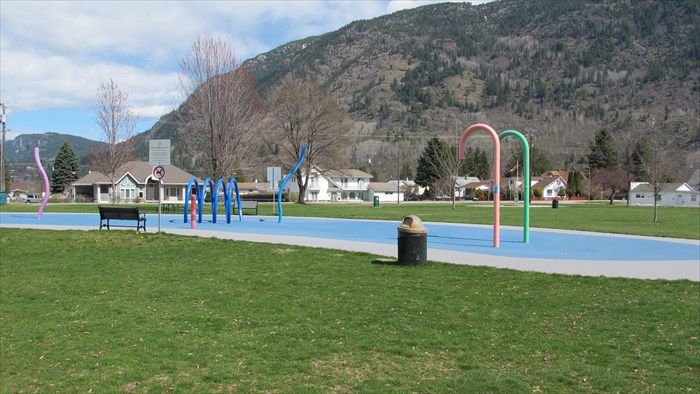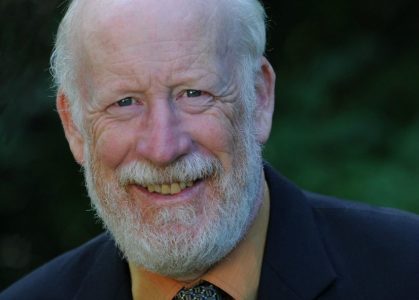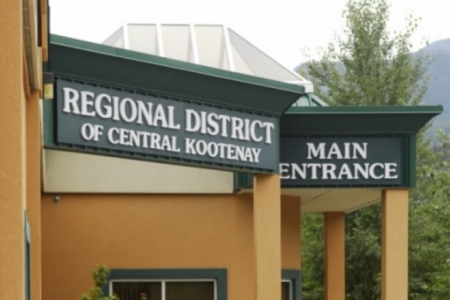Budget housekeeping sparks debate about homeless camping in Castlegar parks
A hot-button social issue arose in Wednesday night’s operational budget meeting when city Director of Civic Works Lucas Pitts brought forward what would otherwise be a simple housekeeping issue.
The concern is creating a bylaw governing overnight camping in city parks – not by residents, but by homeless people who haven’t anywhere else to sleep.
This, after a series of court battles in the lower mainland saw the B.C. Supreme Court find against municipalities trying to ban homeless people from sleeping in municipal parks.
On Sept. 30, 2008, the B.C. Supreme Court struck down a Victoria bylaw aimed at preventing homeless people from setting up tents and sleeping in city parks, while on Oct. 21, 2015, Chief Justice Christopher Hinkson found that City of Abbotsford bylaws prohibiting homeless people from sleeping in public places violate Section 7 of the Charter, which protects individuals’ safety and security of person. He also denied the city’s request seeking a permanent ban on homeless camping.
These were two of dozens of court battles involving a variety of lower mainland communities, most of which were decided in favour of the homeless.
Pitts said that, while it’s presently not a huge issue in Castlegar, a pro-active approach is important in ensuring the city’s hands aren’t tied should a similar situation arise here, pointing to homeless camps that became contentious issues in both Trail and Grand Forks in recent years.
“If you set up a bylaw, you can put boundaries around it,” Pitts said. “Once they (the homeless) get entrenched, you can’t force them out – they can set up camp in the middle of a playground, and there’s nothing you can do.”
He said that, while the city is required by law to allow the homeless to sleep in local parks, they can put caveats around it – for example, requiring they sleep a certain distance from playgrounds, residences, businesses, etc.
“If the bylaw is then violated, bylaw enforcement is empowered to issue a ticket (which will likely be ignored out of hand), a follow-up ticket, and can then seek a court injunction, at which point the RCMP would enforce that they vacate the property.”
Pitts acknowledged that any such bylaw would be but one small piece of a very large, very complicated homelessness crisis, and that it’s not intended to address the larger issues of poverty, addiction, lack of housing, etc.
“It’s anticipating a potential (problem), and I think it’s prudent to ensure the city has choices in managing it,” he said, adding there is no intended judgment or punitive capacity. “It’s literally just ensuring that our kids can use our playgrounds or play soccer, protecting our residents and our business owners.”
Former city councillor and head of the local food bank/drop-in centre/homeless shelter Deb McIntosh said such a bylaw would make more sense if it was supported by more policy addressing the social issues and root causes of the homelessness crisis.
“Putting policy in place is a good thing to help council with making very difficult decisions, but (this budget) is missing the people part,” McIntosh said. “They’ve left that whole sector out, focussing on policy and process, but forgetting about people.
“That’s why I’m submitting a request for $6,000 to go to the Community Harvest Food Bank for homeless programming, food and shelter under their umbrella.”
She said another benefit to making social programming a budget line item is that it gives city staff and council a vehicle by which they can start to develop policies and partnerships to address these increasingly-pressing issues.
The second of three budget-debate meetings will take place tonight at the Community Forum at 5:30 p.m., and will address capital expenditures.
























Comments